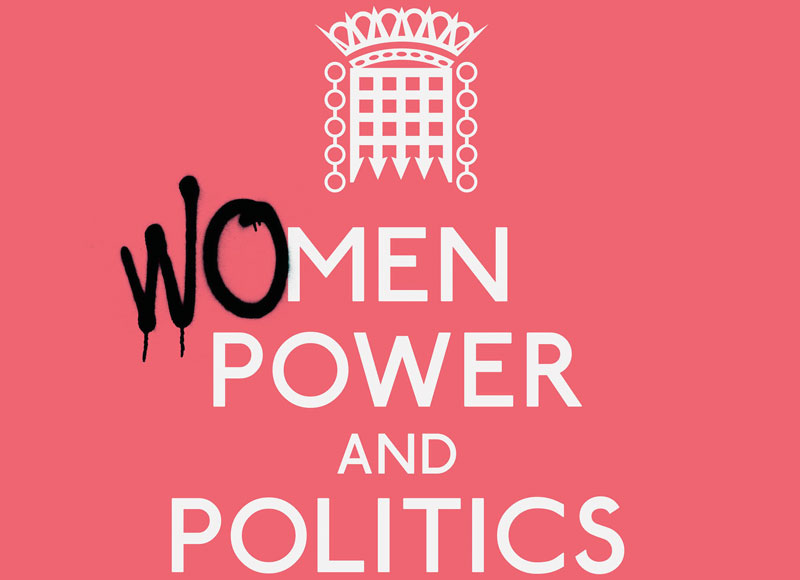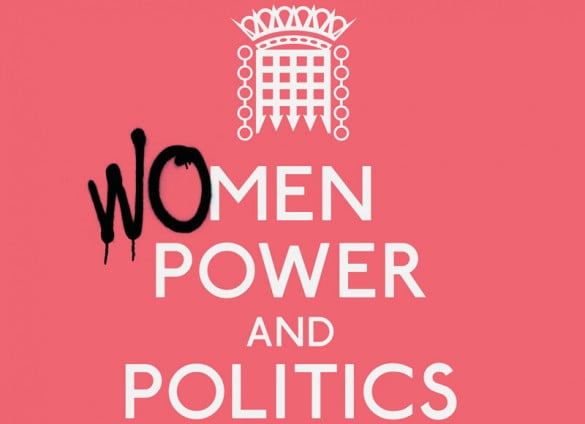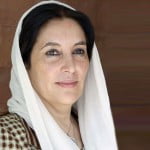

That’s it, just the one. The USA, the greatest country in the history of the world (TM CNN and Fox News), has yet to have one. Ever. There has been talk Hilary Clinton may stand in the next elections due to be held in 2016, but three and a half years can be a mighty long time in politics. And anyway, wouldn’t she just be riding on the coat tails of her old man, Bill, a previous incumbent of the White House?
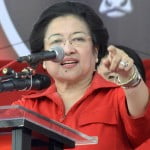

Thailand has also entered the women leader’s club with Yingluck Shinawatra currently their serving Prime Minister. Brother of Thaksin, a former PM currently in exile, she has struggled to 

Bangladesh rarely makes the news. A disaster will, but nothing else. However, this South Asian nation has been ruled by women since the 1990s. The same two women. The current leader is Sheikh Hasina, appointed in 2009 for her second spell. The daughter of Sheikh Mujibur Rahman, Bangladesh’s first post independence president, she has been forced to live in exile, has been the target of an assassination attempt, charged with corruption and murder, but still hangs on in there as the Awami Leader.
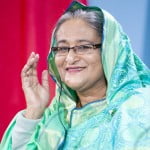

The first woman leader of a Muslim country was Benazir Bhutto, who ruled from 1988 to 1990, and 1993 until 1996. She remained a strident voice in the murky politics of that country from exile in the UK before returning in 2007 and being assassinated at a political campaign. Benazir was the eldest child for Zulfikar Ali Bhutto, a former Prime Minister who was sentenced to death for authorising the murder of a political opponent by a subsequent ruler.
So far we have been around four Asian countries, all but Indonesia have freely elected female leaders; Megawati was vice president before replacing Abdurahman Wahid after he had been removed from the position. But in each case the women in question have not made their own way in the cut and thrust, and downright ugly, world of politics. Rather, they have been catapulted into positions of power on the basis of their name alone. It is politics as a brand; dynastic politics.
The story is depressingly familiar in countries like South Korea, India and the Philippines, where political parties have coalesced round a woman sharing the same DNA, genetic at least, as one time leaders. Looking to break the cycle seems to be a forlorn hope, at least in the short term. Despite her previous stint as president, which was blighted by allegations of indecisiveness and dithering, Megawati remains a player in Indonesia, popular out in the kampungs and districts who perhaps identify with the family name as a string of continuity, while the world around them changes.
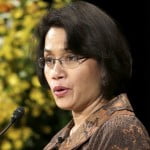

Patronage still rules. Big powerful figures and families attract local leaders who act as vote banks, and the people best equipped to play those particular games are those with the name and brand already well established. Hence, polls often show military candidates faring well – a nostalgia for the stability and security of days of yore, tinted lens or not.
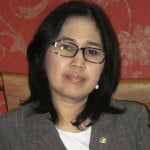

The country at least is moving in the right direction. A law passed last year stipulated 30% of sitting politicians should be women, although whether stuffing the house with a bunch of sinetron’s finest is going to improve the standard of politics in this country, remains to be seen. Indonesia is still, unfortunately, some time away from appointing a grocer’s daughter in the way the British did with Margaret Thatcher back in 1979.




